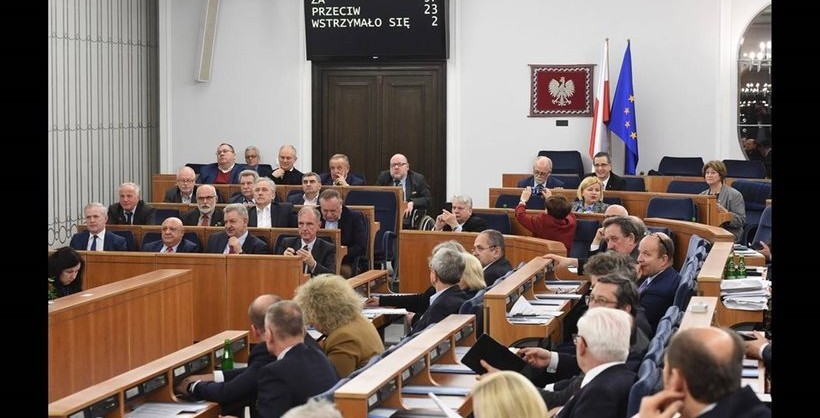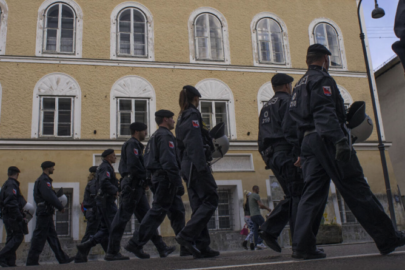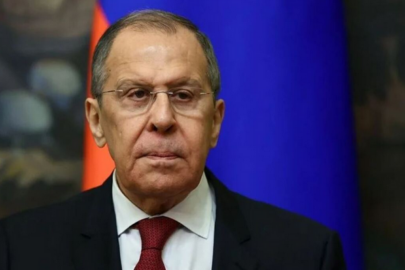Poland’s Senate has approved a controversial bill making it illegal to accuse the Polish nation or state of complicity in the Nazi Holocaust.
The bill amendment, which sets fines or a maximum three-year jail term as punishment, must be signed off by the president before entering into law.
President Andrzej Duda says Poland has the right “to defend historical truth”.
But it has outraged Israeli MPs who are now seeking to strengthen their own Holocaust denial laws.
It says that “anyone, against the facts, that publicly states that the Polish nation or state was responsible or co-responsible for Third Reich crimes… is punishable by up to three years in prison”.
But it adds the caveat that: “No offence is committed if the criminal act… is committed in the course of the one’s artistic or academic activity.”
It passed in a late-night sitting of the upper house of the Polish parliament with 57 votes to 23, with two abstaining.
The country has long objected to the use of phrases like “Polish death camps”, which suggest the Polish state in some way shared responsibility for camps such as Auschwitz. The camps were built and operated by the Nazis after they invaded the country in 1939.
But the more contentious point raised by the bill is whether it will outlaw references to acts of individual complicity by Poles with the Nazis – something historians say there is clear evidence for.
The Israelis are furious about the bill, which Prime Minister Benjamin Netanyahu has described as an attempt to rewrite history and deny the Holocaust.
There was particular anger as it came just a few days after the Polish president promised to engage in dialogue with Israel about the bill amid the outcry.
Deputies from across Israel’s often fractious political spectrum have united to denounce it.
Opposition MP Tzipi Livni of the Zionist Union party – normally a staunch critic of Mr Netanyahu – said: “They have spat in Israel’s face twice, firstly as the state of the Jewish people that is trying to prevent a second Holocaust, and secondly in the face of an Israeli prime minister who had reached an agreement with his Polish counterpart, and had it ignored.”
Centrist MP Yair Lapin was also defiant, tweeting that the law could not change history.
read more at BBC.com



































